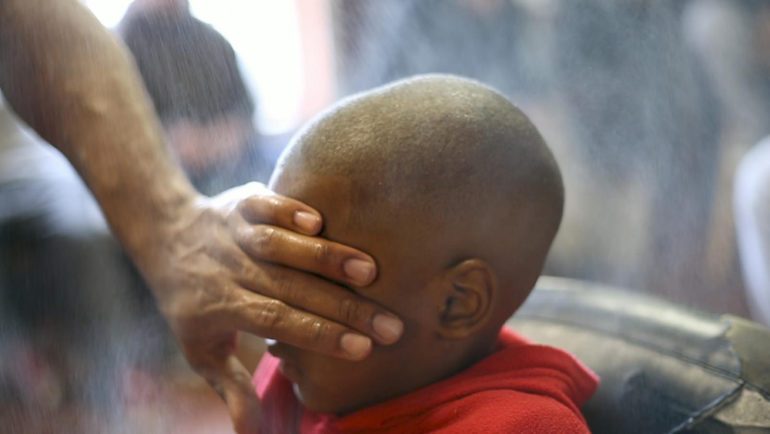Marrakech’s 11th Continent Challenges Stereotypes
By Jay Weissberg
LOS ANGELES (Variety.com) – As part of the Marrakech Intl. Film Festival’s reinvention for its 17th edition, artistic director Christoph Terhechte and his programming team created a section to challenge the cinematic representations of countries usually seen only through the lens of stereotypes. Looking for yet another dose of Latin American poverty porn? On the hunt for the umpteenth story about an Arab suicide bomber, or the latest titillating white slavery drama? Then the 11th Continent is not your destination, as the films in this section counter the kind of superficial socially aware programming that reinforce one-dimensional Western notions of first- and third-world nationhood.
The section opens at the Musée Yves Saint Laurent with a presentation of archival films from the EYE Filmmuseum in Amsterdam, collectively titled “Views from Morocco and the Ottoman Empire.” Dating between 1902 and 1927, this compilation (curated by this writer) is part of a continuing project designed to discover the visual record of Ottoman-ruled countries and present selected films with live music in the regions where they were originally shot. A counterpoint is offered by Markus Schleinzer’s Toronto-premiered sophomore feature “Angelo,” telling the story of a young African slave in the 18th century “educated” by a European countess. Like many films in the section, both “Views” and “Angelo” call into question issues of representation, guiding audiences to confront how European ideas of the exotic other have filtered down and infected current prejudice.
The U.S. is also found in the 11th Continent, in the form of RaMell Ross’ Sundance documentary “Hale County This Morning, This Evening,” which poetically exposes the uneasy place occupied by African-Americans in a nation that’s never come to terms with its ingrained racism.
Other films in the section include Ghassan Halwani’s “Erased, Ascent of the Invisible,” about the thousands of missing people following Lebanon’s Civil War; “The Sound of Masks,” Sara CF de Gouveia’s docu-essay that deconstructs traditional ethnographic representations via its portrait of a dancer from Mozambique; and Phuttiphong Aroonpheng’s “Manta Ray,” a drama underlining the connections between communities too often torn apart by the forces of authority. Even Lee Chang-dong’s Cannes-winning “Burning” is included thanks to the intriguing, always unexpected way it calls into question the nature of mainstream narration.
Jay Weissberg is the Rome-based critic for Variety and director since 2016 of the Pordenone Silent Film Festival. He’s also co-curator of Views of the Ottoman Empire, a multi-year project to trace what silent-era footage survives from former Ottoman territories, research their production and distribution, and screen them in the locales where they were made.

